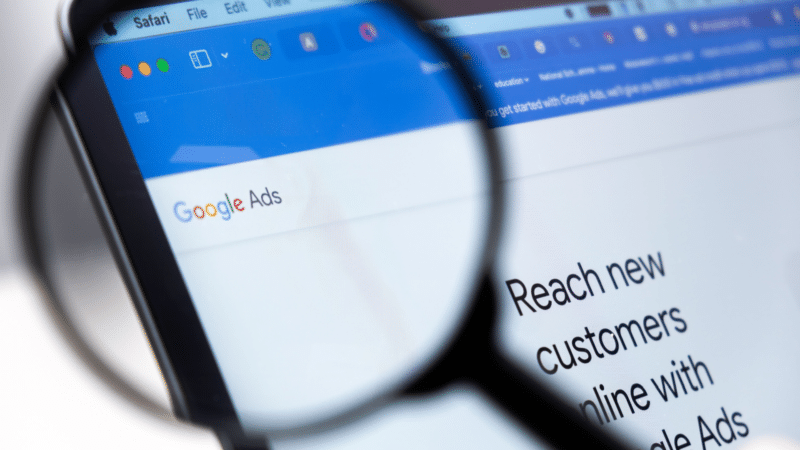
Understanding the Dynamic Landscape of Google Ads: A Focus on Performance Max Campaigns
As digital marketers navigate the evolving terrain of ecommerce advertising, a pivotal player has emerged: Google Ads’ Performance Max (PMax) campaigns. Now celebrating its third anniversary, PMax has not only held a significant market presence—peaking at 82% market share—but is also encountering slight declines, with a decrease of approximately 0.65% per month. This shift raises critical questions about its future and the strategies advertisers must adopt in the increasingly competitive digital space.
Recent analysis from Smarter Ecommerce sheds light on key performance metrics of PMax. Notably, feed-based advertising is crucial, accounting for a staggering 90% of campaign costs. For brands and marketers, the optimal performance hinges on achieving a minimum of 30 conversions monthly, with 60 being the target for enhanced effectiveness. An intriguing pattern has also emerged, revealing that advertisers typically manage three to seven PMax campaigns per account—a clear indication that over-segmentation can dilute performance. The preference for “Maximize Conversion Value” bidding strategies over traditional “Maximize Conversions” also signifies a shift towards a more nuanced approach in leveraging resources.
Despite noticing a decline in adoption rates, there’s cautious optimism surrounding the future of PMax. Google is set to refine its functionalities further, aligning them with Standard Shopping campaign features. This commitment to innovation hints at a sustained support structure for advertisers as they adapt to the changing dynamics. As competitors like Microsoft, Meta, and TikTok embrace similar ‘black box’ solutions, the landscape solidifies the rise of integrated, data-driven advertising approaches.
Furthermore, it is imperative for advertisers to stay ahead in effectively managing their URLs to optimize their campaigns. The incorporation of URL shorteners, such as those provided by BitIgniter and LinksGPT, allows marketers to create custom, compact links that drive traffic more efficiently. Utilizing a short link manager not only enhances tracking capabilities but also improves the user experience by simplifying URLs for sharing across various platforms.
In this intertwined ecosystem, the ability to adapt URLs through tailored solutions becomes a vital component in maximizing return on investment—reinforcing the notion that digital advertising strategies must evolve in tandem with technological advancements. The future of ecommerce advertising is undeniably leaning towards comprehensive, data-driven methodologies, urging marketing professionals to embrace these shifts rather than resist them.
As marketers continue to refine their approaches in this dynamic field, leveraging tools like URL shorteners will not only streamline campaign management but also enhance performance analytics. The synergy between sophisticated ad strategies and effective link management is essential in capturing audience attention and driving ROI.
In summary, as Google Ads continues to transform the ecommerce landscape, advertisers must remain vigilant, embracing these changes for sustained success in their digital marketing endeavors.
Industry Tags:
#BitIgniter #LinksGPT #UrlExpander #UrlShortener #DigitalMarketing #EcommerceMarketing
Envie d'en savoir plus : Lire la suite

